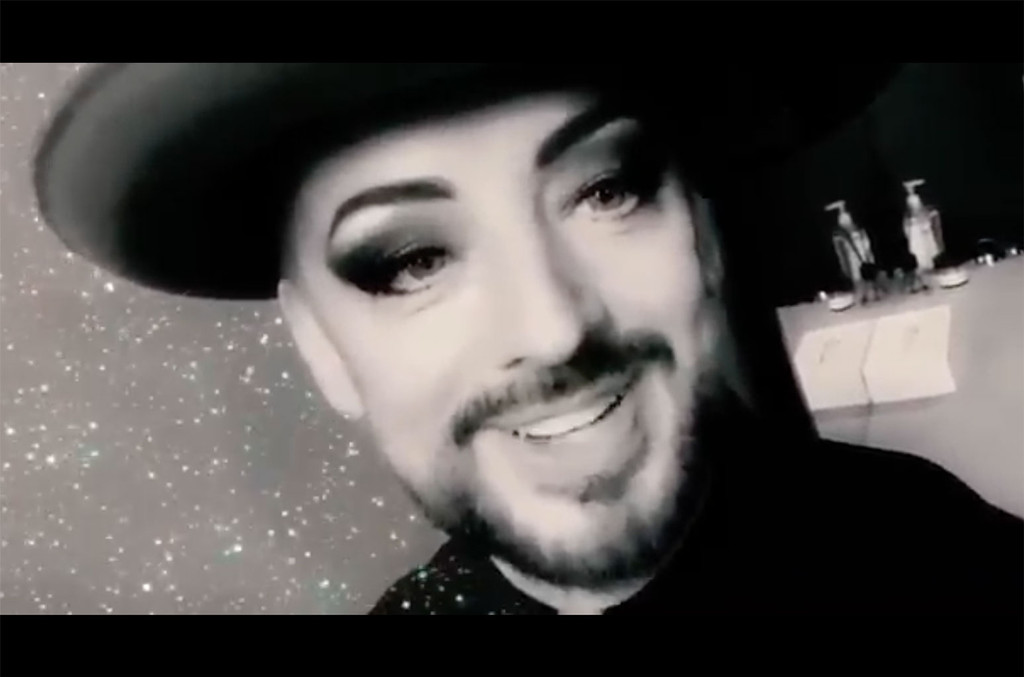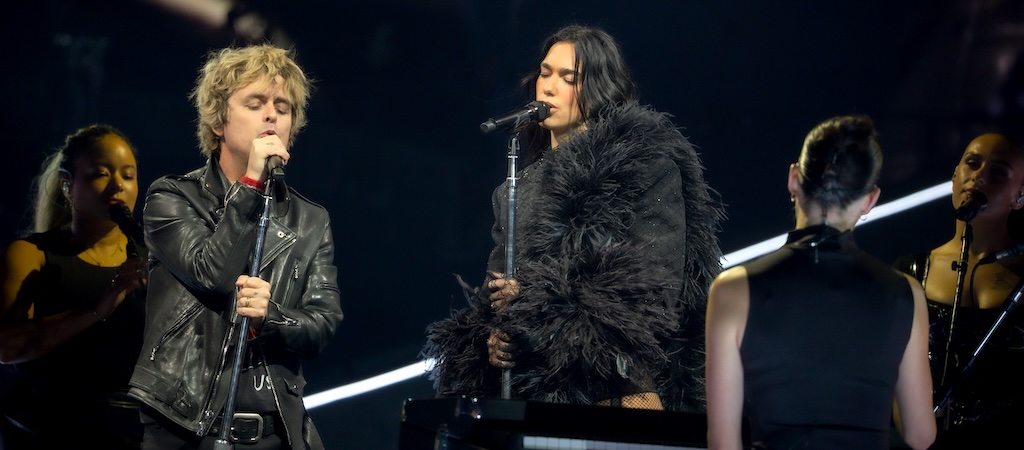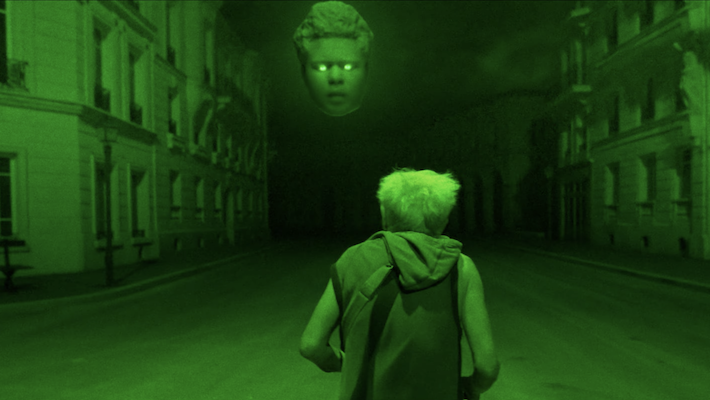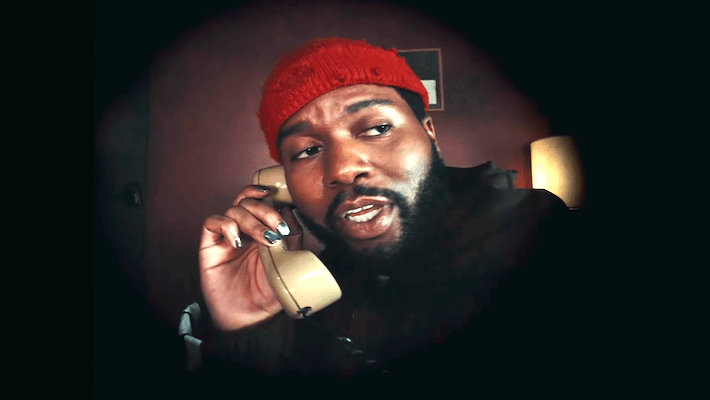Boy George doesn’t understand how people can look at the protests over the death of George Floyd taking place around the world and not sympathize with the protestors. “If you’re a human being and you see these things, you cannot be not affected,” he says. “I mean, if you’re not affected, you have no soul!”
George joined Billboard staff writer Taylor Mims for Billboard and The Hollywood Reporter’s Pride Summit on Saturday (June 13) to have a frank discussion about our current state of affairs. Dressed in a purple hat, glam makeup and an all-black outfit, the Culture Club singer was ready to get real about his past and his present.
Part of the reason the star says he can relate so directly to the protestors is because of his own experience with arrest in New York in 2005 on drug-related charges. “To be arrested in England, you know, in England you feel like somebody will make you a cup of tea,” he says. “Whereas in America, you think ‘I’m going to get shot.'”
As Pride month started this year, many began comparing the current situation to the 1969 Stonewall riots, a comparison that George understands, but doesn’t think encapsulates the current situation we’re facing. “Anyone who is ‘other’ … if you kind of look at it, we’re all kind of separate in a funny sort of way,” he says. “We’ve all got our own things that we need to worry about.”
But George has made mistakes regarding the movement — he says he tweeted the phrase “all lives matter” about a year ago and was subsequently “ripped apart” online for it. But after having a conversation with a user who explained it to him, he says he came to a new understanding about the phrase. “‘It’s not about you.’ That was point she was trying to make to me, and it didn’t take me long to get it,” he explains.
That’s not the only time George has gotten in trouble online — earlier this year, his comment that people should “leave your pronouns at the door” caused outrage in the LGBTQ community. While many labeled him transphobic after his remarks, the singer says nothing could be further from the truth.
“My point when I said the thing about the pronouns was, you will never have a situation, when you encounter me, where you’ll have to explain yourself to the degree where it’s uncomfortable for you,” he says. “I see the world has changed a lot, and that’s what I wanted! I wanted people to be able to be free to identify as whoever they want.”
However, George also says that he’s come to a greater understanding about the new generation of queer people — while he says his generation tends to be more “hard-nosed” about some things, he thinks that this growing generation has plenty of good to offer. “A lot of it is adjusting to now, and realizing that ‘You know what, these people don’t have your cultural references,'” he says of his generation. “I’m seeing now lots of people will actually being a bit more like, ‘Okay, I want to know about [queer history].’ It’s getting better.”



